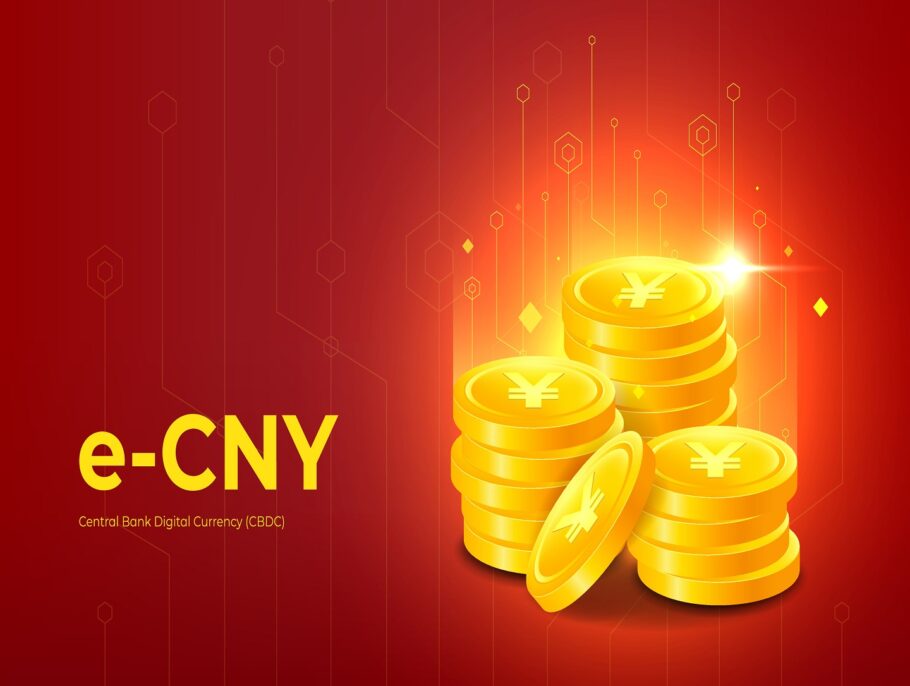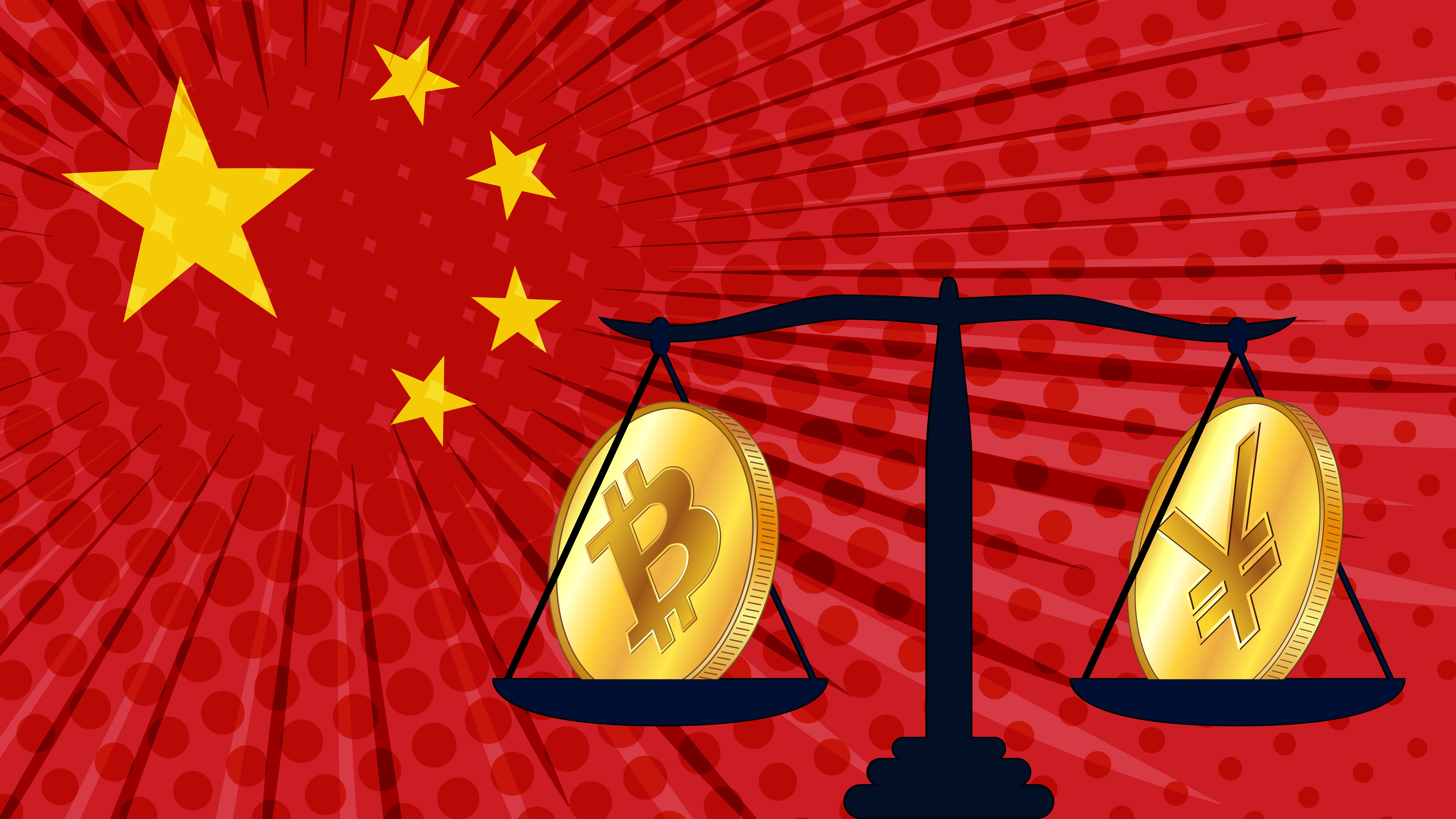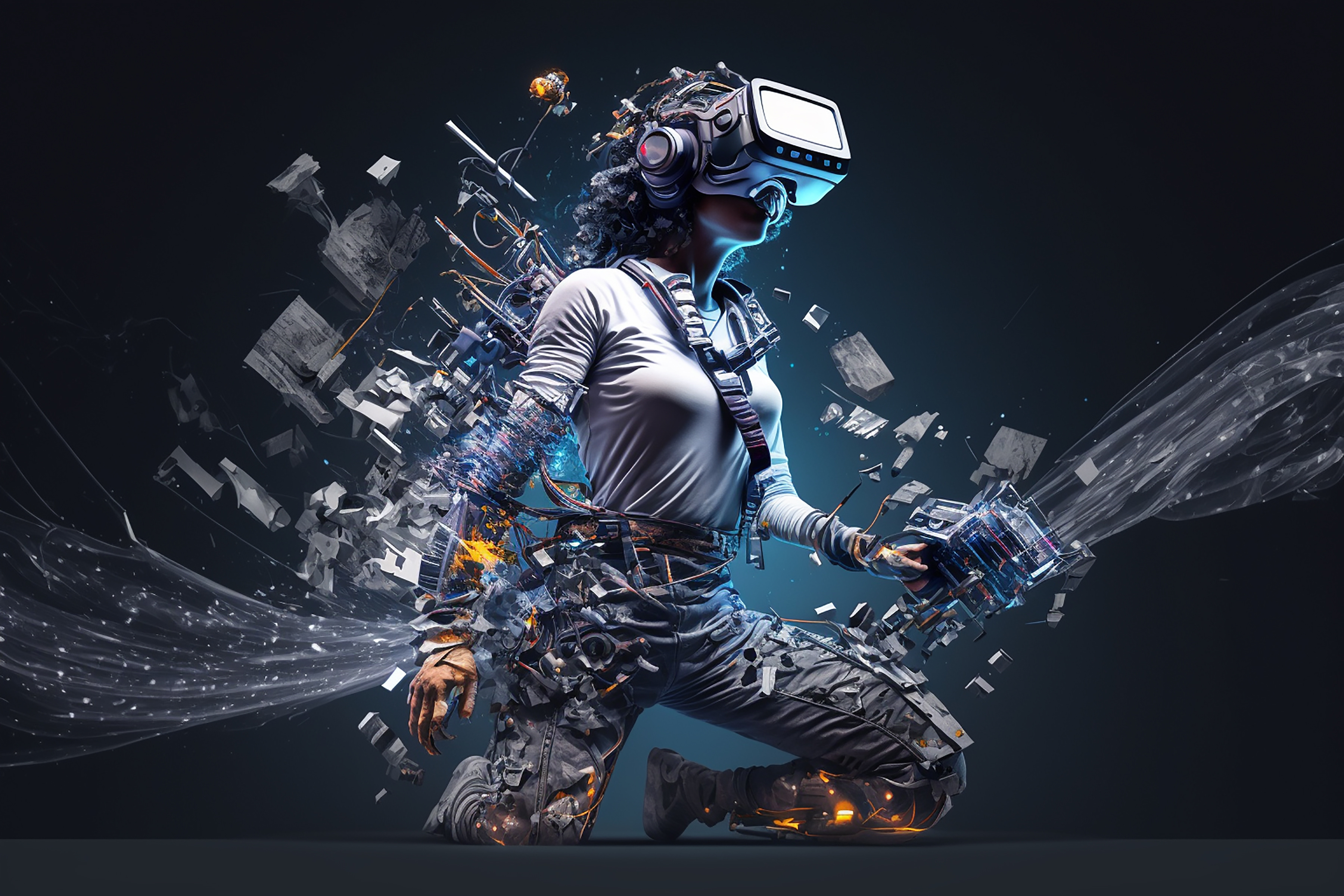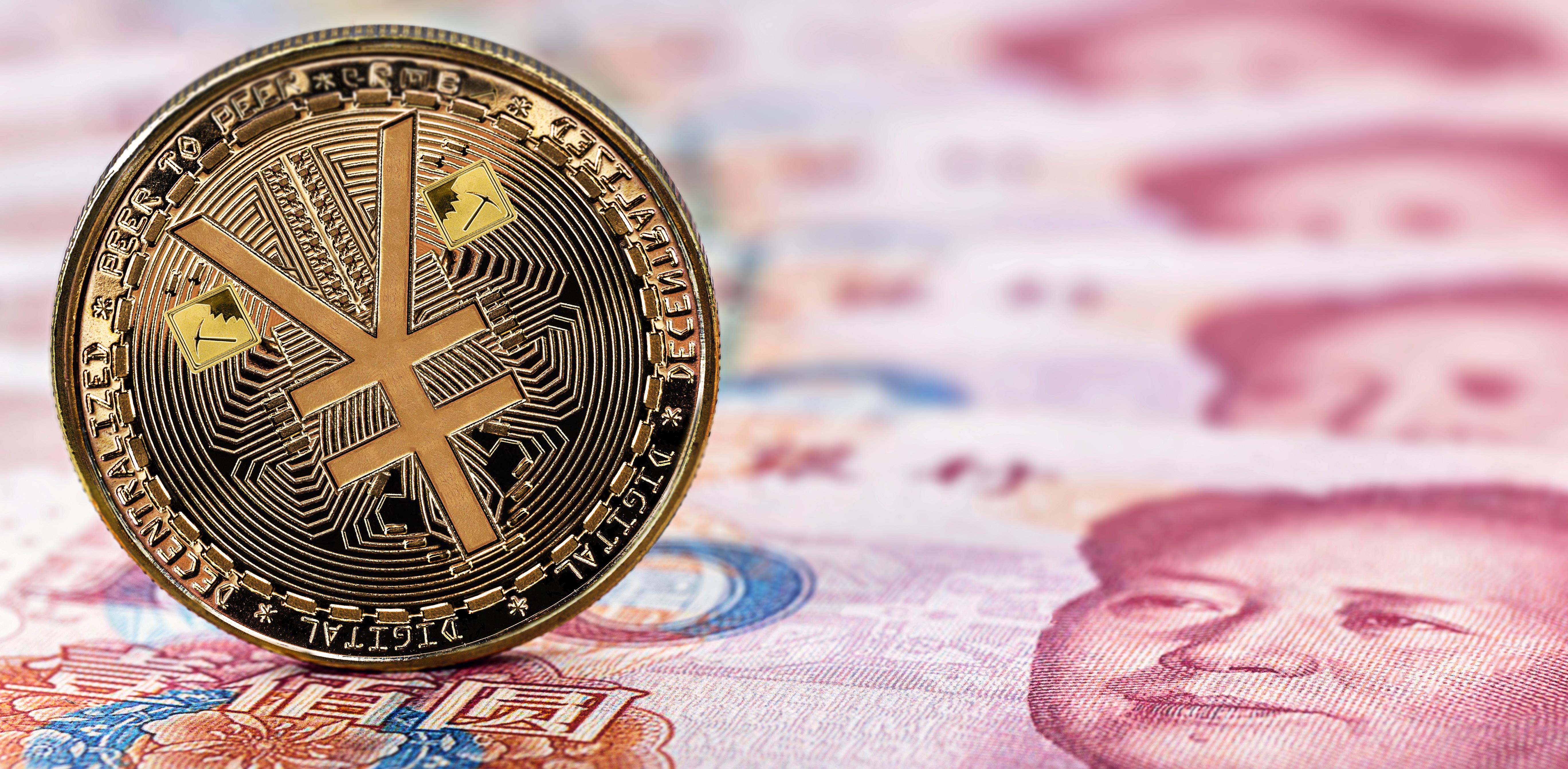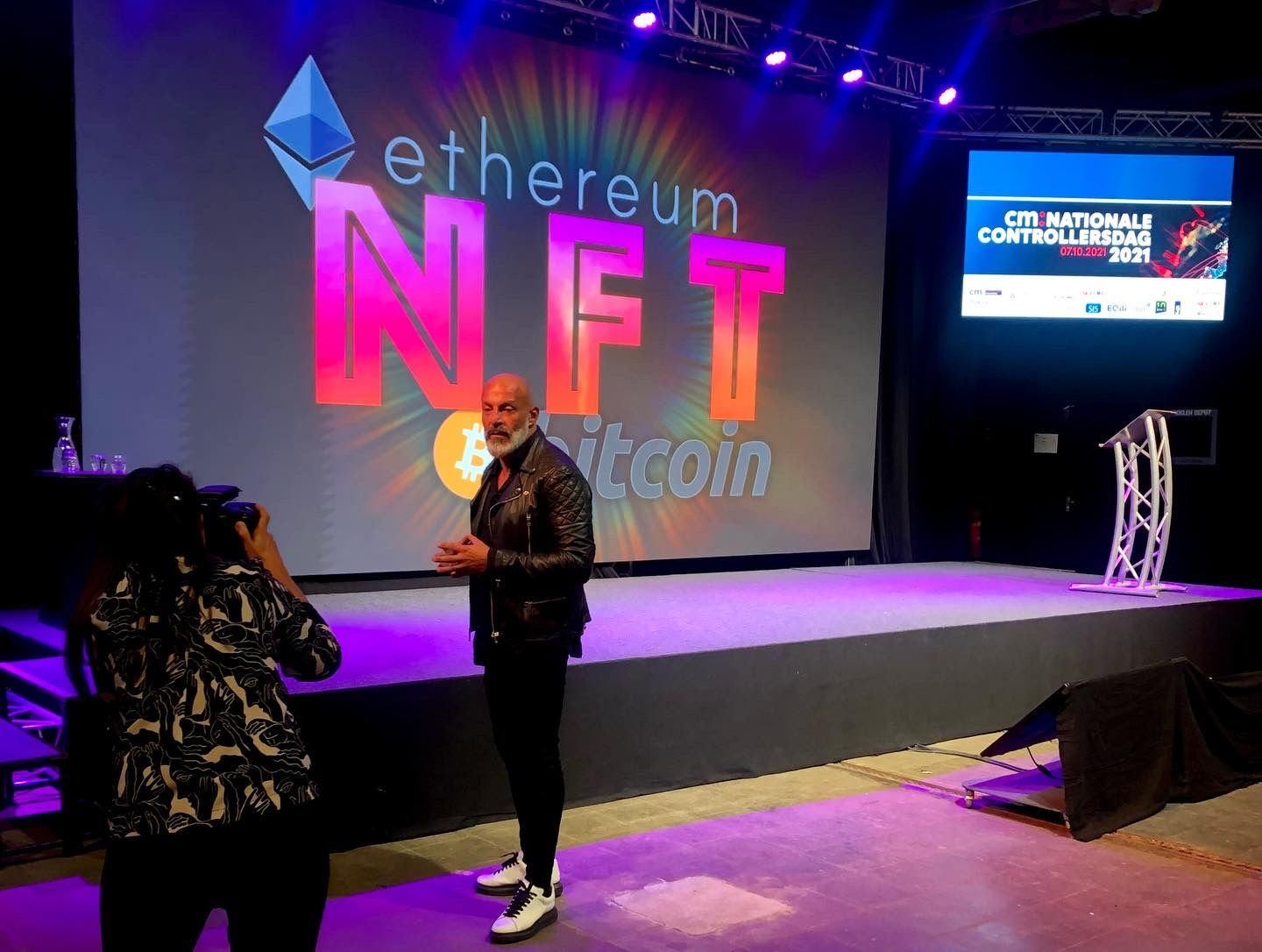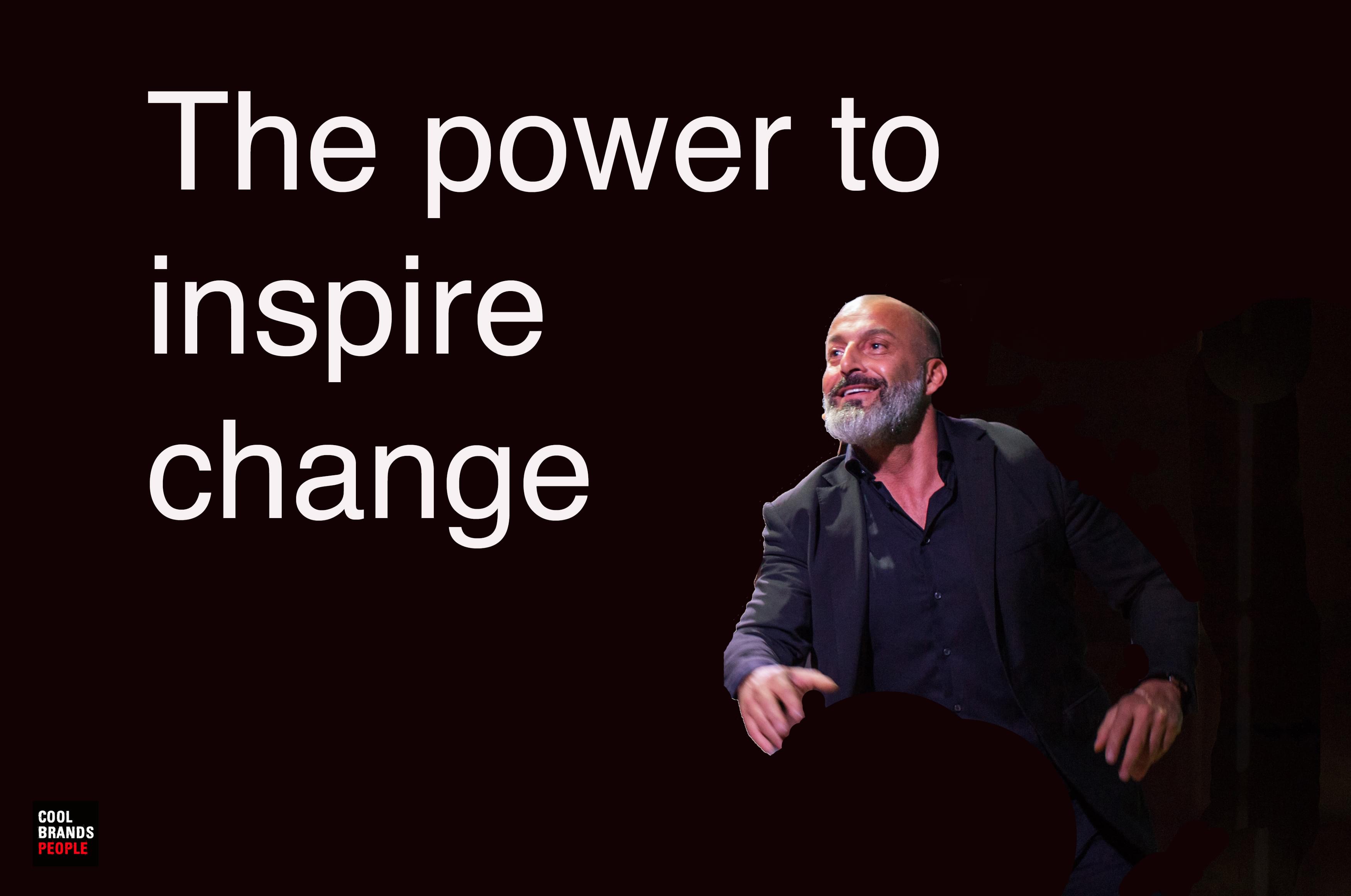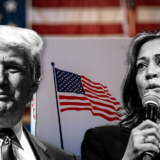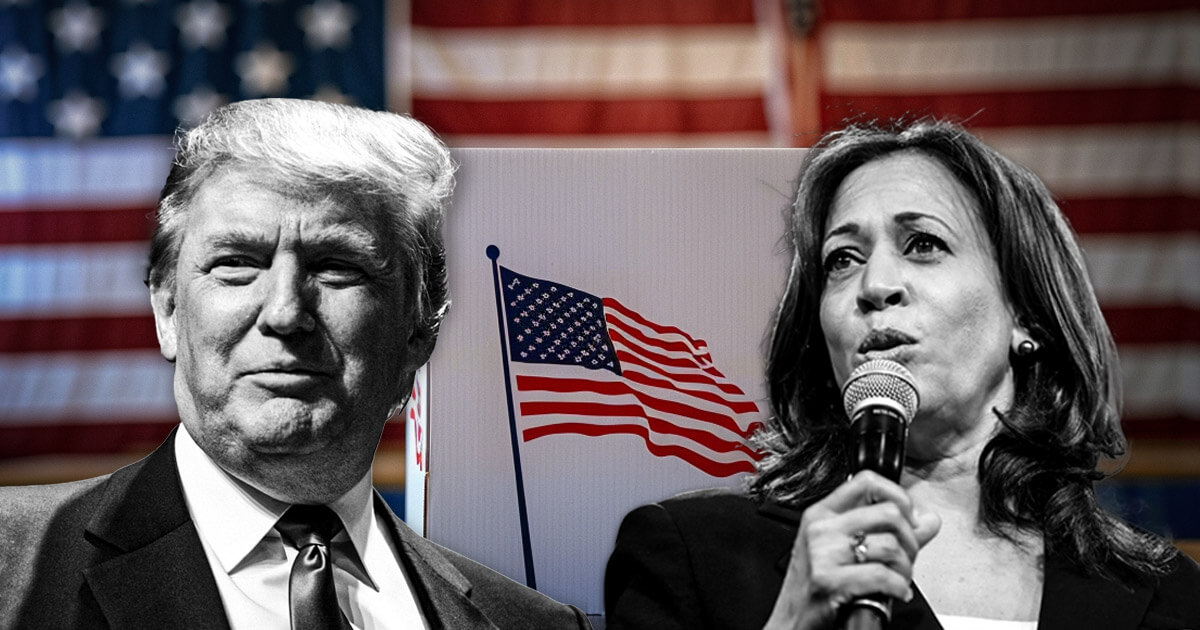After my talks, people ask me: “Why is China changing its Crypto course?” The real answers might get me in trouble again.
Other related questions that are being asked during Q&As: “Is China ready to embrace crypto this time?” “Is it because of China’s digital yuan central bank digital currency (CBDC)? “Will the Crypto community return to China?”
Those are great but tough questions. Not because the answers are so complicated. But public speaking means no way out. Speaking the truth had severe consequences for me before.
In this following story, I will explain how we came from foresight to forecast. What are possible scenarios? What are China’s plans with Crypto, Web3, and Metaverse?
A few of my sources preferred to stay under the radar for obvious reasons. Some of them are from China. I have known them for 20+ years; they are social entrepreneurs pioneering some stunning crypto for good projects.
China Banned the Entire Crypto Industry a Few Years Ago – A Summary
China’s hostility to crypto was first demonstrated when the People’s Bank of China banned all crypto exchanges in 2017. China also banned crypto transactions and the mining of crypto in September 2021.
China blocked the IPO of Fintech giant Ant. CEO Jack Ma was put on the bench. The entire crypto community left China to set up shop in Singapore or Japan.
Exponential technologies that have escaped from under the hood of Industry 4.0 are shaking up entire industries, economies, and markets. But governments and regulators can also say no. No, we will ban crypto.
Or no, we will ban autonomous cars. Why would they say Because self-driving cars could destroy too many jobs in mobility, trucking, and transport? Unemployment Rates are KPIs that politicians fear.
So it is important for leading brands, cities, and governments to have 360 foresight on trends and technologies. Blind spots will be incredibly painful.
Governments hire futurists to get strategic foresight on the impact of trends and technologies. After these trend sessions, I can give brands the probability ratio of what lawmakers could do with technology.
For example, the car industry wants to know the probability rate in % for autonomous cars. Is there an 80% chance that local governments (or the New World Order) will ban self-driving cars?
So far, the Chinese Communist Party (CCP), officially the Communist Party of China (CPC), has said no to crypto.
China counts 30 million crypto users despite the bans.
According to a joint research report published on April 10 by Foresight News, CoinNess, and BlockTempo, China still has around 30 million crypto users, representing around 2.12% of its population, compared to 12% for the U.S. and 11% for Taiwan.
What has changed? Do we see China flirt with crypto now?
From Wall Street to Beijing – Central Banks and Governments Have Put Crypto on a Leash
Of course, for a long time, Wall Street, Central Banks, and the SEC tried to curb blockchain, crypto, and NFTs. Power to the people, decentralization, smart contracting, and transparency? These developments are changing value chains and destroying existing business models.
And governments all around the world, certainly from World Economic Forum in Davos, are pushing CBDCs. We pay our taxes, and corrupt politicians enrich themselves with our tax money?
Politicians and the media also take bribes from corporations or foundations. Should I mention Soros or Gates? Agenda 2030 is completely centralized, surveilled, and controlled.
Whatever you prefer to buy? Governments want to be able to block your wallet. Sorry, no flights. You will stay in your 15-minute city in the coming months. We have announced climate lockdowns. The carbon footprint needs to improve first, so stay at home.
If you know your geopolitics, in this case, the extending BRICS alliance, it’s no different in the current BRICS countries. That includes China. And the Chinese Yuan digital currency? That might become the new currency for BRICS.
I had enough trouble with this story 18 months ago. I wrote about fintech, governments, crypto, and China.
You can read the story here: How Industry 4.0 Will Disrupt The Future Of Finance, Banking & FinTech?
You feel it stretching everywhere: Decentralization and Power to the People versus Centralization and Completely State Controlled.
We have seen how technology can empower or control society all around the world.
I’m obviously pro-empowerment, against control.
China’s White Paper for Web3 Innovation & Development: Focus on Web3 & Metaverse, Not Crypto
The Beijing Municipal Science and Technology Commission revealed a white paper titled The Beijing Internet 3.0 Innovation Development.
Having read the report, we can confirm this paper does not indicate a significant move by China to embrace cryptocurrency. China is putting money and power behind Web3, NFT, and Metaverse.
As China seeks to establish itself as the global innovation hub for the digital economy, the Commission plans to allocate 100 million yuan ($14 million) annually until 2025 for different Web3 initiatives.
One thing is a no-brainer. If the Chinese Communist Party (CCP), officially the Communist Party of China (CPC), backs the trends? You can go all in too!
The white paper cites Web3 as an “inevitable trend for future Internet industry development.” It’s also an interesting read that includes AI, XR, interactive terminals, and content creation tools.
The paper also explores the technical architecture necessary for the vision, which includes artificial intelligence, blockchain, special computing chips, and communication networks 5G and 6G.
Binance CEO Changpeng Zhao found the timing of the white paper release “noteworthy,” highlighting that Hong Kong’s cryptocurrency regulations are set to commence on June 1.
China’s Metaverse Investments Will Outpace the West in 2023, Experts Predict
The white paper emphasizes the Metaverse. I understand the Metaverse, but I doubt the timing or momentum. Why?
I wrote about it here: Zuckerberg & Metaverse? Don’t get high on your own supply. In short? Zuckerberg lost billions with his Metaverse.
Facebook owner Meta had to sack 11,000 employees after the revenue collapse. Its Metaverse failed to coin the forecasted extra revenues.
What happened? Meta was building a Metaverse ego system, not a collaborative ecosystem. Also, his investment timings and forecasts with Metaverse were terribly wrong.
Massive global Metaverse uptake? That will need way more computing power, much faster mobile network speed, and cheaper VR headsets.
Before that is all done to facilitate a smooth and massive global metaverse experience? Reaching these power infrastructures globally can take 5-10 years.
Chinese investments in metaverse-related technology will overtake the West’s advancements and highlight the overall value of the metaverse this year, research firm GlobalData predicts.
GlobalData also predicts the metaverse will be worth $376 billion by 2025 but believes there will be a winter throughout 2023.
I believe GlobalData is far off with its global metaverse prediction. I would take my hat off if Metaverse will be worth $200 billion by 2025.
On the one hand, the metaverse ecosystem development includes funding and training, but in Chinese style, it also encompasses ‘content supervision’ as well as data security, privacy, and identity.
The Western World tends to call China’s Metaverse “The Big Brother edition.”
China’s surveillance society? Also seems to be the blueprint for The New World Order.
Because when I look around me, I now see many other state-controlled societies.
China Goes All In on Blockchain and Is Suddenly Flirting with Crypto?
Of course, we investigated China’s appetite for Blockchain and Crypto! It seems that Beijing is planning a re-entry into the crypto space through Hong Kong. Although the white paper doesn’t state this, our network shared different foresight.
It is important to know that Beijing is the home to Chang’An Chain, the domestically developed (permission) super Blockchain for which customs chips have been designed. Unsurprisingly, this was the blockchain that received a mention.
It’s safe to say that Hong Kong is becoming a rising hub of blockchain technology in Asia. With 100 million people living in poverty, I expect the CCP to bet big on its digital future and competitiveness.
China launches national blockchain center to train half a million specialists. The institution will reportedly train more than 500,000 specialists in distributed ledger technology.
The Beijing Academy of Blockchain and Edge Computing is leading the new center, which developed the ChainMaker blockchain, a home-grown blockchain serving as a blueprint for the center’s developments.
ChainMaker is already supported by a group of 50 business corporations, most of which are state-owned, including big names like China Construction Bank and China Unicom.
As reported by local media, the center will accelerate the construction of “ultra-large-scale” blockchain computing power clusters.
China’s eCNY CBDC Expands Cross-Border. Will the Chinese Yuan Digital Currency Fuel BRICS?
The Securities and Futures Commission of Hong Kong recently unveiled a new rulebook for the cryptocurrency industry, announcing retail investors will be able to engage in crypto trading starting from June 1, coinciding with the implementation of a new licensing framework for crypto platforms.
While the United States is currently cracking down on cryptocurrencies, Hong Kong’s efforts to attract crypto companies starkly contrast the U.S. approach.
China banned the use of cryptocurrencies in 2021; however, with the release of the recent Web3 white paper, it appears that China is showing signs of opening up to the industry.
On May 23, a cryptocurrency segment aired on the state-owned China Central Television, prominently featuring the Bitcoin logo and a Bitcoin ATM in Hong Kong.
Binance’s Zhao mentioned the significance of the coverage, as it historically correlated with market upswings. The segment also highlighted nonfungible tokens but has since been removed.
Our sources from within the Chinese Crypto community told us they would want to wait before returning to China.
In their vision, China will be keeping Crypto on a tight leash: “Crypto will stay centralized, controlled and it will be used to fuel the Chinese Yuan digital currency.”
In May, China’s Bank of Communications issued its first business loans to small and medium enterprises or SMEs, using the country’s central bank digital currency (CBDC) as part of the latest digital yuan trials.
China’s CBDC pilot has seen moderate adoption despite giveaways and other incentive programs. It continues to expand tests into new cities and broaden the use cases.
It was confirmed that cross-border payments are also being trialed, but neither of the activities is new.
It’s widely known that the People’s Bank of China is participating in the MBridge Project, a multi-CBDC initiative involving the BIS Innovation Hub and the central banks of Hong Kong, Thailand and the UAE.
The project involved 20 banks and recently concluded, processing a total of $22 million in foreign exchange transactions.
If you extrapolate China’s cross-border ambitions? The Chinese Yuan digital currency could well be the future CBDC for the growing BRICS alliance.
Should we say goodbye to the US economy and US Dollar?
Get Free Access to My Uncensored Voice of Reason. Move Beyond MSM & Big Tech
We all know the mainstream media is often full of propaganda and bribed journalism. How about Big Tech? With its content censoring, fake fact-checkers, and fading entire social channels to black.
Should I add fans on lease, walled gardens, and squeezing artists like lemons to Big Tech’s toxic playbook?
Don’t miss out. Get my uncensored newsletter in your mailbox twice a month. 100% free, obviously!
In our newsroom, you can see me in action with Sir Richard Branson, Novak Djokovic, and Max Verstappen.
Read my recent article in Rolling Stone magazine about cause artists & athletes and NFT for good.
Be aware. I’m fully independent. Not an influencer. I don’t do sponsored shit. I speak the truth, which cost me a large chunk of my net worth, but not my self-worth!
I don’t care about money. Misfits are all about recognition — and freedom of speech is what we must protect! The same goes for protecting our children!
Don’t expect free speech or facts from state-owned and bribed media. Or from publishers who depend on (woke) advertisers.
The newly independent and investigative media? Are people like Joe Rogan, Jordan B. Peterson, Russell Brand, and Tucker Carlson.
They are not in it for the money, so they will not be bribed. They are sincere, humble, and speak freely.
More important? They have earned our trust.
About the Author
In the spotlights, Igor Beuker is a top marketing innovation keynote speaker and futurist known for his foresight on trends and technologies that impact business, economy, and society. Behind the scenes, a serial entrepreneur with 5 exits and an angel investor in 24 social startups. Board member at next-level media firms, changemaker at Rolling Stone Culture Council, Hollywood sci-fi think tank pioneer, award-winning marketing strategist for Amazon, L’Oréal, Nike, and a seer for Fortune 500s, cities, and countries.
Related Posts
 How Industry4.0 Will Disrupt The Future Of Finance, Banking & FinTech?
How Industry4.0 Will Disrupt The Future Of Finance, Banking & FinTech? How Can Cause Artists & Athletes Change The World?
How Can Cause Artists & Athletes Change The World? Why Facebook’s Meta-Morphose Is A Mega Misstep by Mark Zuckerberg?
Why Facebook’s Meta-Morphose Is A Mega Misstep by Mark Zuckerberg? Squid Game: The Worldwide Box Office Hit That Netflix Needed
Squid Game: The Worldwide Box Office Hit That Netflix Needed The Space Economy: Modern-Day Gold Rush 100x Bigger Than Bitcoin
The Space Economy: Modern-Day Gold Rush 100x Bigger Than Bitcoin
MONTHLY MEMBER SPECIAL
Tags: BeijingbitcoinblockchainbricsCBDCCBDCsCCPcentral bankschinachina cryptoChinese Yuan Digital CurrencycryptofacebookFiuntech trendsfuture of fintechigor beukerkeynote speakermetametaversenftNFT for goodsectechtrendsweb3white paper Web3

